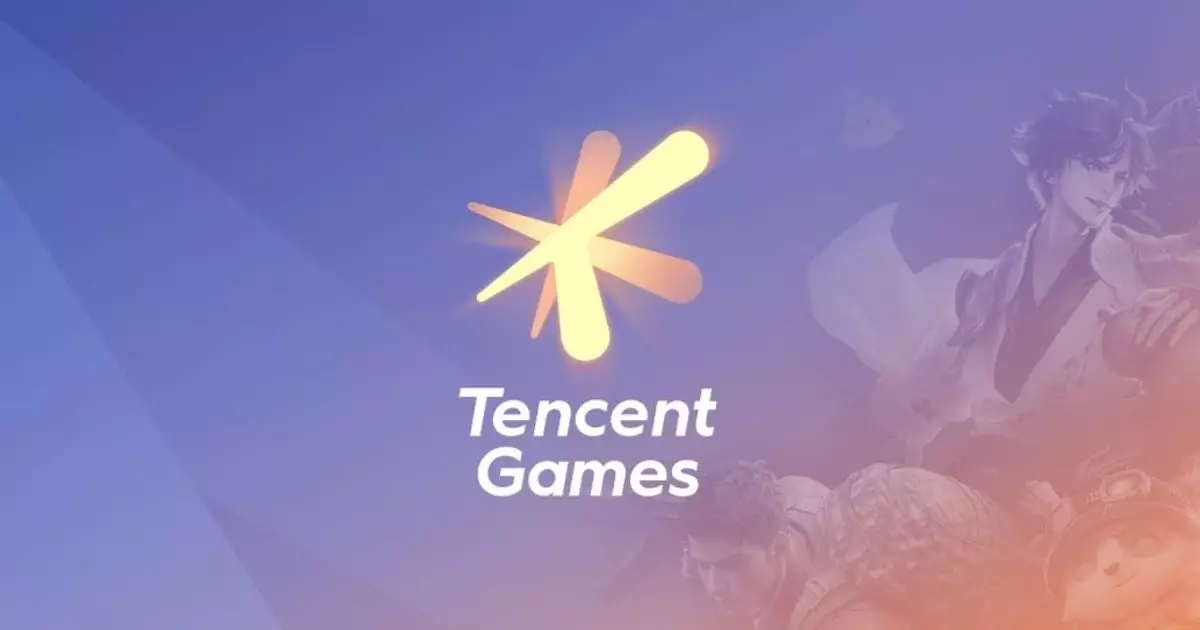The recent decision by the U.S. federal government to categorize Tencent, one of the largest video game publishers globally and known for popular titles such as League of Legends and Path of Exile, as a Chinese military company raises critical questions regarding the complexities of international relationships, technology, and national security. This article delves into the ramifications of this designation and Tencent’s fight against it, highlighting the broader implications for the tech industry and geopolitical climate.
Upon the announcement of Tencent’s inclusion on the list of Chinese military companies, the corporation quickly refuted claims regarding its military affiliations. Tencent’s spokesperson characterized the move as a result of a significant misunderstanding, which the organization seeks to clarify through a public statement. Tencent’s chairman, Ma Huateng, along with the executive board, subsequently expressed a unified front, emphasizing their readiness to engage in legal action if the classification remains unaltered.
Their assertions focus on the company’s standing that it does not engage in military operations or support military-civil fusion projects, which allegedly intertwine military and civilian technologies for defense purposes. This distinction is crucial to understanding the company’s stance. They argue that it is a mistake to categorize them under such classifications, which could hinge thereafter on the interpretations of national security by the U.S. government.
The term “military-civil fusion” (MCF) refers to a strategic initiative by China that seeks to integrate civilian technologies with military applications. The U.S. Department of Defense has claimed that many companies in China operate as civilian entities while providing vital technological support to military operations. This categorization inherently affects public perception and operational capabilities of companies like Tencent, as it imposes a stigma that could hinder business opportunities both domestically and internationally.
Tencent’s insistence on not being involved in MCF is critical. By positioning itself as a purely commercial venture, the company seeks to detach its image from any military connotations. This is especially pertinent as the competitive landscape evolves, and public sentiment toward Chinese companies increasingly intersects with national security concerns.
As Tencent prepares to initiate a Reconsideration Process with the U.S. Department of Defense, the outcome of this endeavor could have wide-reaching implications. Legal action in such high-stakes international matters can set precedents, not just for Tencent but for other technology firms facing similar challenges. This case would not be unique, as companies like DJI and Hesai Technologies have already pursued legal measures based on their unfavorable designations, demonstrating a growing trend among Chinese firms to assert their rights against perceived unjust treatment.
If successful, Tencent’s challenge could pave the way for other tech giants to contest similar classifications, potentially reshaping the policies governing foreign tech engagement in the U.S. The corporate landscape could see substantial shifts, with tech companies reassessing their operations and public relations strategies moving forward.
The ongoing tensions between the United States and China, underscored by trade disputes and technological rivalries, contribute significantly to incidents like Tencent’s designation. The U.S. government’s approach signals heightened scrutiny over foreign investments and collaborations, particularly with entities perceived to have ties to the Chinese government or military.
This conflict reflects a broader trend where national security concerns influence the operational environment for multinational corporations. Companies must navigate complex geopolitical terrain carefully, adapting strategies to mitigate risks associated with public perception and government policies.
Tencent’s battle against its inclusion in the U.S. military company list not only spotlights the intricacies of international business but also emphasizes the intersection of technology, national security, and public perception in today’s globalized world. As Tencent maneuvers through legal discussions while maintaining its image as a leading technology provider, the outcomes will be closely watched, influencing future interactions between Chinese companies and the U.S. market. Ultimately, this dispute raises pertinent questions about the nature of business in an age where geopolitical tensions dominate, urging a reevaluation of how corporations engage in an increasingly polarized world.


Leave a Reply